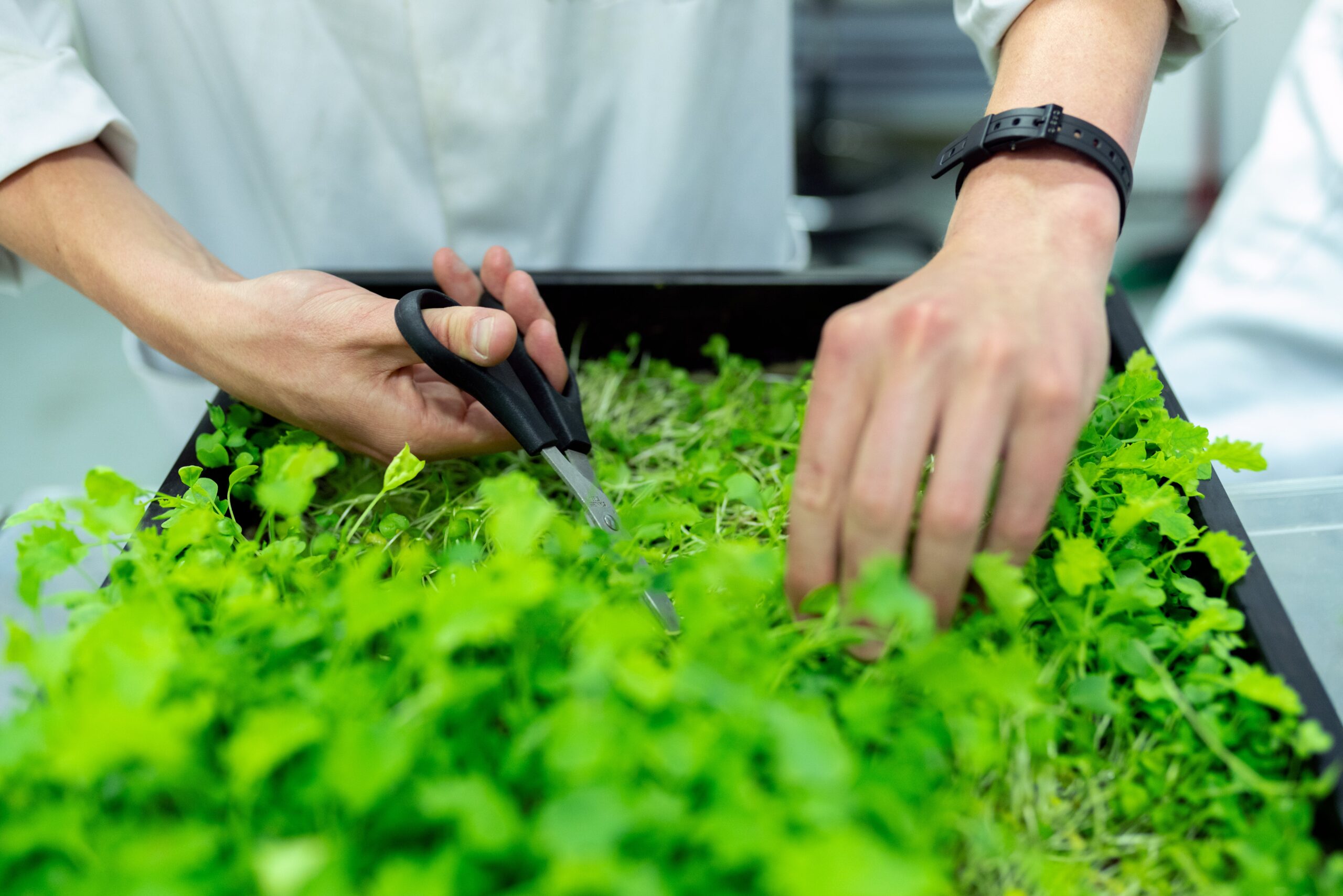Cultivating a Green Revolution: The Rise of Eco-Smart Farming
Eco-smart Farming, an innovative approach that harmonizes ecological principles with smart technologies, is changing the way we think. In a world where the challenges of feeding a growing population meet the urgent need for environmental sustainability, the agricultural sector is undergoing a revolutionary transformation. How does eco-smart farming holds the promise of a greener and more sustainable future.
The Essence of Eco-Smart Farming
This goes beyond traditional agricultural practices by seamlessly integrating ecological wisdom with cutting-edge technologies. It is a holistic approach that seeks to optimize resource use, minimize environmental impact, and enhance overall farm efficiency.
Precision Agriculture for Resource Optimization
At the core of eco-smart farming lies precision agriculture. By leveraging technologies such as GPS, sensors, and data analytics, farmers can make informed decisions about crop management. This precision not only maximizes yields but also minimizes the use of water, fertilizers, and pesticides, contributing to a more sustainable and environmentally friendly farming model.
Smart Irrigation Systems
Water scarcity is a global concern, and eco-smart farming addresses this challenge through the implementation of smart irrigation systems. These systems utilize real-time data to tailor water delivery to the specific needs of crops, minimizing waste and promoting efficient water use.
Harnessing Renewable Energy
Eco-smart farming embraces clean and renewable energy sources to power agricultural operations. Solar panels, wind turbines, and other sustainable energy solutions not only reduce the carbon footprint of farming but also offer economic benefits by lowering energy costs in the long run.
Agroecology and Biodiversity
With this method the principles of agroecology take center stage. This involves designing farming systems that mimic natural ecosystems, fostering biodiversity, and promoting soil health. By embracing organic practices and reducing reliance on synthetic inputs, farmers contribute to healthier ecosystems and more resilient agricultural landscapes.
Internet of Things (IoT) in Agriculture
The Internet of Things is revolutionizing agriculture by connecting devices and systems to enhance farm management. IoT applications provide real-time monitoring of crops, soil conditions, and equipment. This data-driven approach allows farmers to respond promptly to challenges, optimize resource use, and reduce waste.
Circular Economy in Farming
It promotes a circular economy by minimizing waste and maximizing the use of resources. Techniques such as composting, recycling agricultural by-products, and adopting regenerative farming practices contribute to a closed-loop system that minimizes environmental impact.
Empowering Farmers Through Education
A crucial aspect of this is empowering farmers with knowledge and skills. Education programs that teach sustainable and innovative farming practices ensure that the benefits of eco-smart agriculture are accessible to all, fostering a community of environmentally conscious and tech-savvy farmers.
Growing a Sustainable Future with Insight Ag
Eco-smart farming represents a paradigm shift in agriculture, where the marriage of ecological principles and smart technologies cultivates a more sustainable and resilient food system. As you navigate the complexities of the 21st century, Insight Ag can help you embrace eco-smart farming practices as it becomes not only a necessity but a source of hope for a greener and more abundant future. By cultivating the land with wisdom, innovation, and a deep respect for nature, we sow the seeds of a sustainable agricultural revolution.

